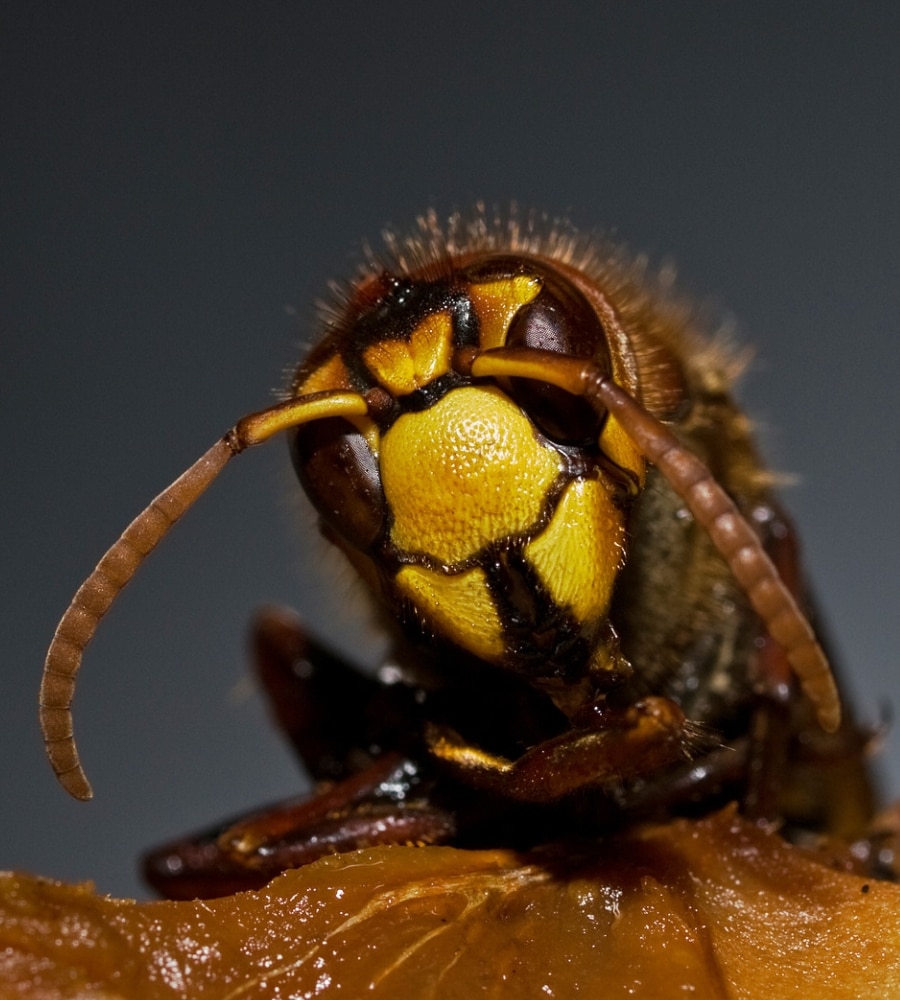Top 5 Ways to Prevent Hornet and Wasp Nests on Your Property
As the warm weather approaches, so does the buzzing and stinging threat of hornets and wasps. These flying insects can quickly turn your peaceful backyard into a danger zone if their nests go unnoticed. Not only can their stings be painful and dangerous for some individuals, but a thriving nest can also lead to more wasp problems and aggressive behavior. Fortunately, there are several effective ways to prevent hornet and wasp nests from taking over your property. In this blog post, we will explore the top five methods to safeguard your home and garden from these stinging insects.
Early Nest Detection and Removal
The key to effectively preventing hornet and wasp nests is early detection and removal. During the spring and early summer months, inspect your property thoroughly for signs of nest-building activity. Common nesting spots include eaves, gutters, tree branches, and the undersides of outdoor structures. If you spot a small nest being constructed, take immediate action to remove it safely.
Before attempting nest removal, ensure you are wearing appropriate protective gear, including long sleeves, pants, gloves, and a beekeeper’s veil or netting. Additionally, it’s crucial to perform nest removal at dusk or dawn when the insects are less active. Use a commercial wasp and hornet spray or a mixture of soap and water to douse the nest from a safe distance. If the nest is large or inaccessible, consider hiring a professional pest control service to handle the removal safely.
Seal Entry Points
Preventing hornets and wasps from establishing nests in the first place is more effective than dealing with mature colonies. Inspect your property for potential entry points that these insects may exploit. Seal cracks and gaps around doors, windows, vents, and utility lines to deny them access. Use caulk or weatherstripping to secure these areas and keep them tightly closed.
It’s also essential to maintain the integrity of your home’s screens and repair any holes or tears promptly. This will prevent hornets and wasps from finding their way indoors, which could lead to more significant problems.
Implement Wasp-Repelling Plants
Nature offers some excellent solutions to deter hornets and wasps. Certain plants possess natural repellent properties that these insects dislike. Incorporate these plants into your garden or landscape to discourage wasps from nesting nearby. Some of these plants include:
- Peppermint: The strong scent of peppermint repels hornets and wasps, making it an excellent addition to your garden.
- Basil: This fragrant herb not only repels insects but also attracts pollinators like bees, which can help in maintaining a balanced ecosystem.
- Lemongrass: Lemongrass emits a citrusy aroma that wasps find unappealing, making it an effective natural deterrent.
- Marigolds: These bright and cheerful flowers not only add beauty to your garden but also discourage wasps from nesting due to their distinct smell.
Regular Yard Maintenance
Maintaining a well-kept yard can play a significant role in keeping hornets and wasps at bay. Remove any standing water sources, as they attract not only these stinging insects but also mosquitoes. Keep your lawn mowed regularly and trim bushes and shrubs to reduce potential nesting sites. Fallen fruits and leftover food should be promptly cleaned up, as they can draw wasps looking for nourishment.
Set Up Fake Nests
Hornets and wasps are territorial creatures, and they tend to avoid areas where other colonies are already established. By strategically placing fake nests in your yard, you can discourage them from building their nests nearby. You can purchase artificial wasp and hornet nests from garden supply stores or create your own using brown paper bags. Hang these faux nests in areas where you want to deter these insects, such as near outdoor seating areas or the corners of your porch.
Protecting your property from hornet and wasp nests is not only essential for your safety but also for creating a comfortable and enjoyable outdoor space. By implementing these top five methods, you can greatly reduce the likelihood of these stinging insects establishing colonies on your property. Remember to be vigilant and take early action when detecting nests, and consider seeking professional assistance for larger infestations. By combining proactive prevention with natural deterrents, you can ensure a wasp-free environment, allowing you to fully embrace the beauty of the outdoors without the worry of painful stings.
Our reputation is what means the most to us.
We respect our customers and they love the results.
View More Reviews

